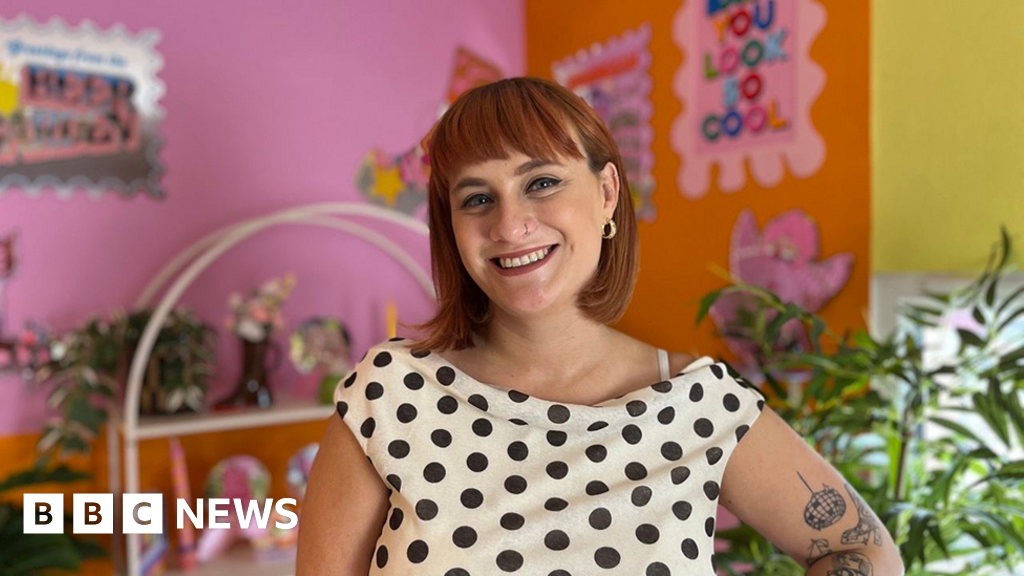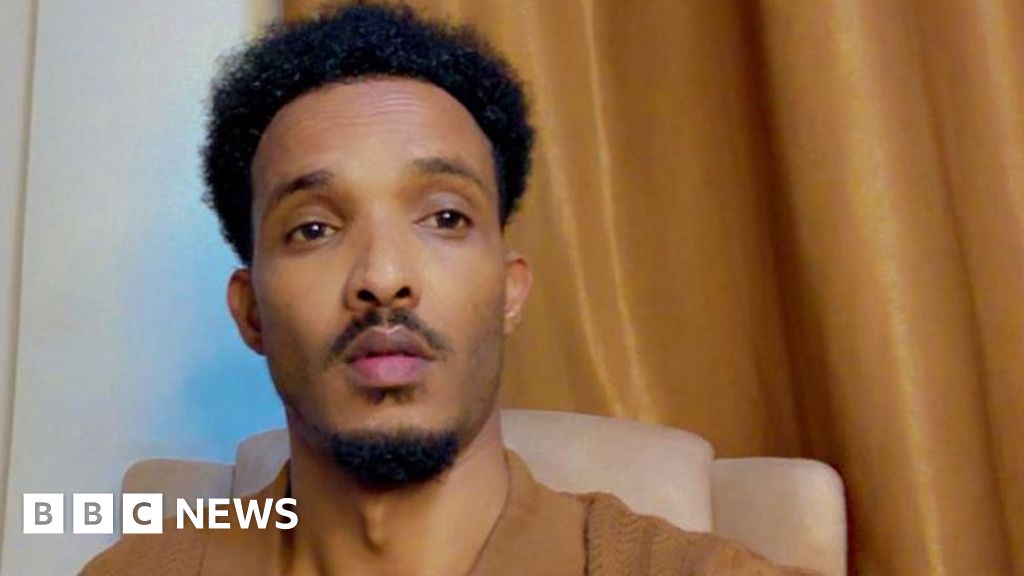Lana Lam and Tiffanie TurnbullSydney
An Australian doctor who raised the alarm about Erin Patterson has been sanctioned by the medical regulator over disparaging comments made about the triple murderer.
Chris Webster was a key witness in Patterson's trial, at which a jury found her guilty of killing three relatives and attempting to kill another with a deadly mushroom lunch in 2023.
After the verdicts, Dr Webster told BBC that Patterson - now serving a life sentence - was a "heinous individual" and called her a "disturbed sociopathic nut-bag" in an interview with the Herald Sun.
The Medical Board of Australia found his actions were inappropriate and ordered that the general practitioner undergo ethics, privacy and social media training.
An investigation was launched when the Australian Health Practitioner Regulation Agency (Ahpra) received a flood of complaints about Dr Webster's media interviews and use of explicit language.
Dr Webster told the BBC on Friday that he understood and accepted the decision from regulators - who have not publicly commented on his case but listed the conditions on a public register.
"As far as my comments go, I stand by them," said Dr Webster, who still works as a GP in Patterson's home town of Leongatha, in regional Victoria.
He said that regulators did not find any breach of patient confidentiality, as he was talking about matters that had been openly discussed in the murder trial.
"I was found to be inappropriate in my professionalism," he said, "and that has to do with the use of salty language and my use of social media."
Earlier this month, Patterson, 50, was sentenced to life, with no chance of release for at least 33 years, for the murder of her in-laws Don and Gail Patterson and Gail's sister Heather Wilkinson.
She was also found guilty of trying to kill Heather's husband Ian Wilkinson by serving them a toxic mushroom lunch at her home.
Dr Webster treated the Wilkinsons at a tiny hospital in Leongatha, before their mushroom poisoning was identified and they were urgently transferred to a major Melbourne facility.
He also saw Patterson - who claimed to have gastro-like symptoms - at the hospital, and says he knew she was guilty almost immediately.
"I knew," he had earlier told the BBC.
"I thought, 'Okay, yep, you did it, you heinous individual. You've poisoned them all'."
An audio recording of his call to police about her decision to discharge herself from hospital against medical advice was played at the trial.
The Aphra investigation concluded that Dr Webster must do at least eight hours of training in topics including professionalism and ethics, professional communication, privacy and confidentiality, and social media.
He must also be mentored by another doctor for five hours a month for a period of one year, Dr Webster says. He called it an "onerous condition", which might require him to take one day off each week to travel to Melbourne, and could mean he has less time with patients.
"Ultimately, the community is getting punished as well, and that's disappointing," he said.
"There's never been any question about my competency and skills as a doctor. It's all about my attitude and presentation, and maybe in this modern world, that kind of thinking might be a bit archaic. Doctors are human beings."
He added that he has the "full support" of the local community: "I'm not going anywhere. I just have to go back to school."
.png)
 2 months ago
10
2 months ago
10








 English (US) ·
English (US) ·